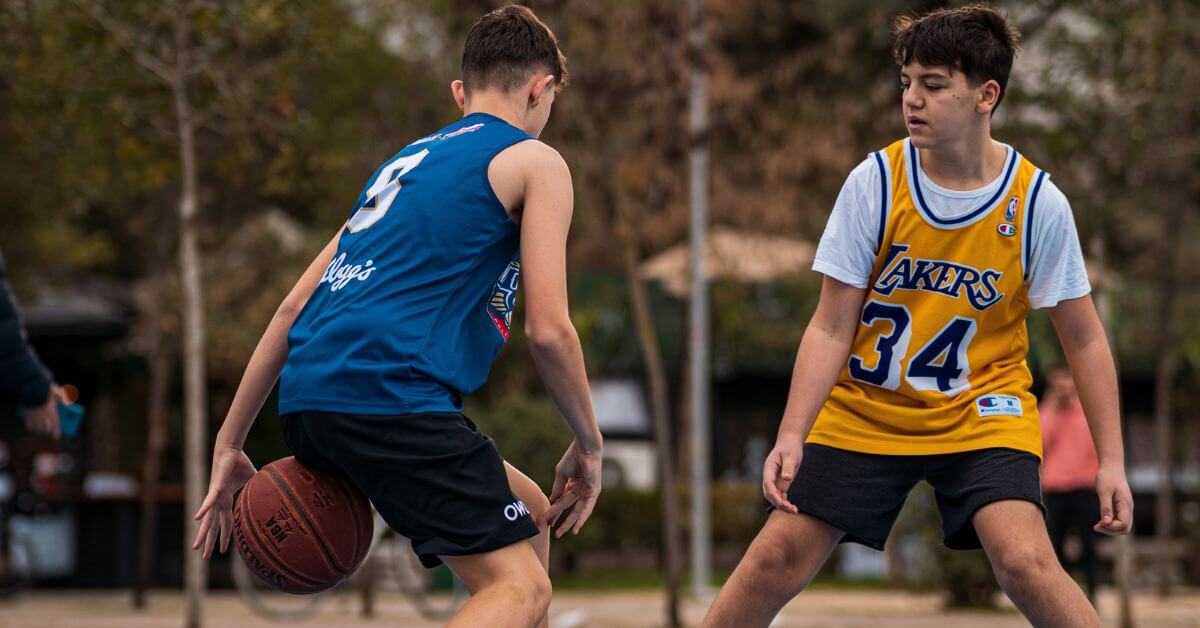Developing your skills is the key to success in the world of sports. Athletes must develop skills to excel in their chosen sport, whether by perfecting an accurate golf swing, performing faultless dance steps, or serving a tennis ball hard.
In this blog post, we’ll examine the value of developing new sports talents and the crucial abilities that can mean the difference between success and failure.
Athletes can reach their full abilities and gain an advantage in their sports by comprehending and using these talents.
Skills that Win: Skill Acquisition in the World of Sports
Technical Expertise
Technical competency is the foundation for developing skills in sports. It describes the capacity to carry out actions, methods, and manoeuvres precisely, steadily, and effectively.
Athletes must concentrate on perfecting their body mechanics, good form, and the essential skills unique to their sport.
Technical proficiency is the basis for higher-level performance, whether in golf swing perfection, basketball dribbling, or football throwing.
Physical Conditioning and Fitness
The development of physical fitness and conditioning is essential for skill acquisition. Athletes must have the strength, stamina, agility, and flexibility required to excel in their sport.
Athletes can improve their physical qualities through regular training, conditioning activities, and focused workouts, allowing them to perform at their peak and reduce the chance of injuries.
Athletes can enhance their athleticism and increase their capacity for skill acquisition by combining strength training, aerobic activities, and sport-specific drills.
Concentration and Willpower
Success in athletics requires physical ability, mental toughness, and focus. Athletes must build mental toughness, focus, and the ability to execute under duress.
Athletes can develop a strong mental game using visualization, goal planning, and mindfulness. Athletes can improve their skill-learning process and maximize their performance in high-stress circumstances by remaining focused, controlling distractions, and keeping a positive outlook.
Tactical Intelligence
An athlete’s capacity to comprehend and carry out tactical judgments in their sport’s setting is called tactical awareness.
Analyzing game scenarios, acting quickly, and modifying plans as necessary are all required. Athletes must be thoroughly aware of the strategies, positional play, and game dynamics specific to their sport.
Athletes can develop their tactical awareness, giving them the ability to make split-second judgments and acquire a competitive advantage by researching opponents, watching game film, and working closely with coaches.
Collaboration and Coordination
Communication and collaboration abilities are crucial for team sports. On the field, stronger synergy and performance result from effective communication, guaranteeing seamless cooperation and understanding between teammates.
The capacity to express themselves clearly, offer helpful criticism, and adjust to team dynamics are skills that athletes must develop. A unified work environment is facilitated by developing trust, encouraging camaraderie, and adopting a collective perspective, improving skill development and team performance.
Resilience and Flexibility
Flexibility and resilience are essential traits for developing talents in sports. Athletes must adjust to various game situations, opponents, and shifting conditions.
To properly respond to the dynamic nature of their sport, they must swiftly modify their methods, techniques, and tactics. Furthermore, resilience is crucial for overcoming failures, injuries, and difficulties while learning new skills.
A resilient mindset is necessary for athletes to overcome setbacks, learn from errors, and push their physical and mental boundaries.
Athletes may traverse the ups and downs of their trip and come out stronger, more adaptable, and better able to achieve in their sport by embracing adaptability and resilience.
Conclusion
The development of skills is essential in the realm of sports. Athletes can maximize their potential and succeed in their chosen activity by improving technical skills, emphasizing physical fitness and conditioning, cultivating mental strength and focus, honing tactical awareness, and encouraging good communication and teamwork.
A mix of talent, commitment, and constant pursuit of skill improvement is necessary for athletic success. As they set out on their journey, athletes must embrace the difficulties, stay dedicated to ongoing development, and use the advice of coaches and mentors.
To remain competitive in the always-changing world of sports, players must constantly improve and develop their skills. Keep in mind that skill acquisition is a lifelong process.
Therefore, whether you’re a budding athlete or an experienced contender, emphasize skill development, put money into targeted training, and never stop testing the limits of your potential.
You may improve your performance, become outstanding, and leave your mark by learning and mastering the necessary abilities.
